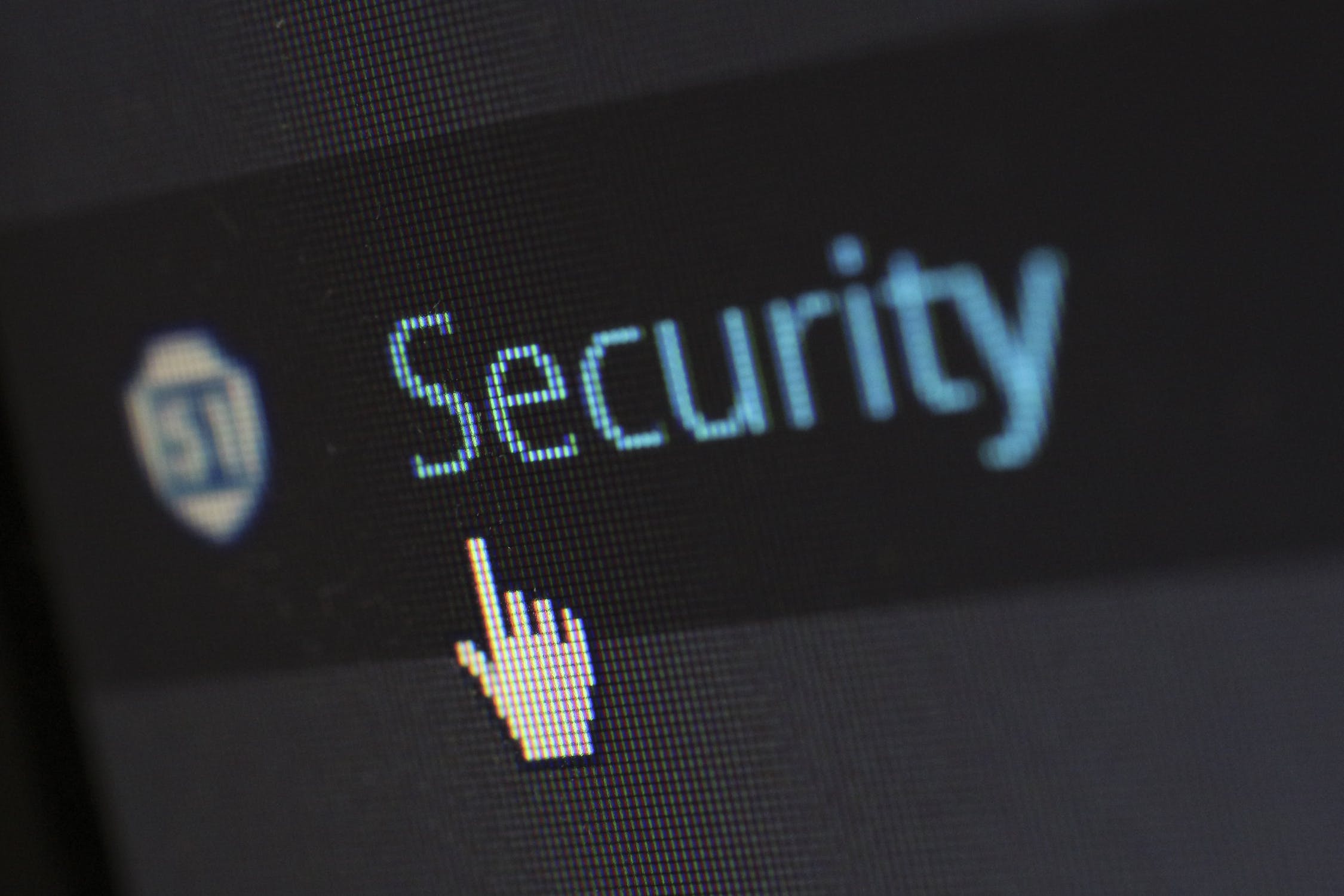Happy new month everyone! Continuing my weekly blog series as announced in January. Last month, I shared highlights of my 2019 and the strides I made, you check out articles from week 1, week 2, week 3 and week 4 if you missed them.
Starting this month, we will be digging deep with topics around digital media, communications, PR, tech and internet governance etc.
Today, we will be talking about passwords. Sometime in December, while I was preparing to ‘detty’ away, I received a notification from Google Chrome about the possibility of a data breach and the call to action (CTA) for me to change my passwords to over 1000 websites saved on the app. In this article, we will discuss passwords, the importance of having strong passwords, how frequently you should change your passwords, recommended password managers among other things.
So what is a password?
The Cambridge dictionary defines a password as “a secret word or combination of letters or numbers, used for communicating with another person or with a computer to prove who you are”. In other words, passwords are secret codes that give you access to an account, a website, a place etc and they are ideally only known to the user. You may have an account on your computer that requires you to log in. In order to successfully access your account, you must provide a valid username and password. This combination is often referred to as a login. While usernames are generally public information, passwords are private to each user. You can find out more about password definitions on Tech Term,
Are We Really Afraid Of Privacy? The BBM Private Chat
Steps To Creating Strong Passwords
Many internet users tend to always go for the simplest passwords they can remember when setting up accounts that require one. As easy as this sounds, it is very risky. An ideal password shouldn’t be one to be easily guessed even by the closest person to you. Your passwords shouldn’t be your date and month of birth, best friend’s name, family names and other easy hints. Here are a few tips on creating a strong password:
- It should consist of letters (capital and small)
- Have numbers, special characters like !@#$%^&**()__+,. You can also use space in your password
- Your password must not contain obvious personal information such as your birthday, anniversary, address, city of birth, high school, and relatives’ and pets’ names—do not include them in your password. These only make your password easier to guess.
- Passwords can be in your local language, a word, phrase or sentences rearranged using the above-mentioned tips
Can I Reuse The Same Password on Multiple Platforms?
Reusing a password aids hackers who might hack the user base of the website with your information. Putting it simply, if the ‘bad guys’ take login information they’ve harvested from one hack and use it to log in to the same user’s account on another, more important website, they’ve hit the jackpot. I am sure, you don’t want to be a victim of this jackpot, so do not reuse your password on multiple platforms, if you have already, it is time to change them NOW!

What Tools Can I Use To Keep My Passwords Safe?
Remembering passwords to multiple platforms can be a very big chore except you have a photographic brain, so the use of trusted password managers is welcomed. There are quite a number of password keeping tools out there but very few are secured. Tools like KeePassXC come highly recommended, they not only help you create strong passwords, they are also highly secured from attackers. You should give them a try now. Most internet browsers also have password managing options, to use this, ensure you are the only one with access to your devices, saving your passwords on a shared computer or mobile device is very risky. You can also search for other password management tools you can use. You may check out Google password manager here.
How Can I Know When There Is A Password Breach On A Website I have My Personal Information On?
Browsers like Google Chrome and Mozilla Firefox now have tools that inform you when your password has been compromised. Check out Google Chrome password check-up extension here and Mozilla Firefox password monitor here. As said in one of the earlier paragraphs, Google Chrome alerted me of a possible data breach on the platform and advised me to change my passwords to over 1000 websites saved on the browser. Please don’t ask me how far I have gone yet 🙁
How Often Should I Change My Passwords?
Actually, you should change your passwords as often as possible. Better Business Bureau (BBB) and most professionals recommend frequent password changes. The recommended frequency can range from every 30, 60, to 90 days.
I will conclude this article by simply asking you to start changing your passwords now, especially those of the social media networks you use regularly.
